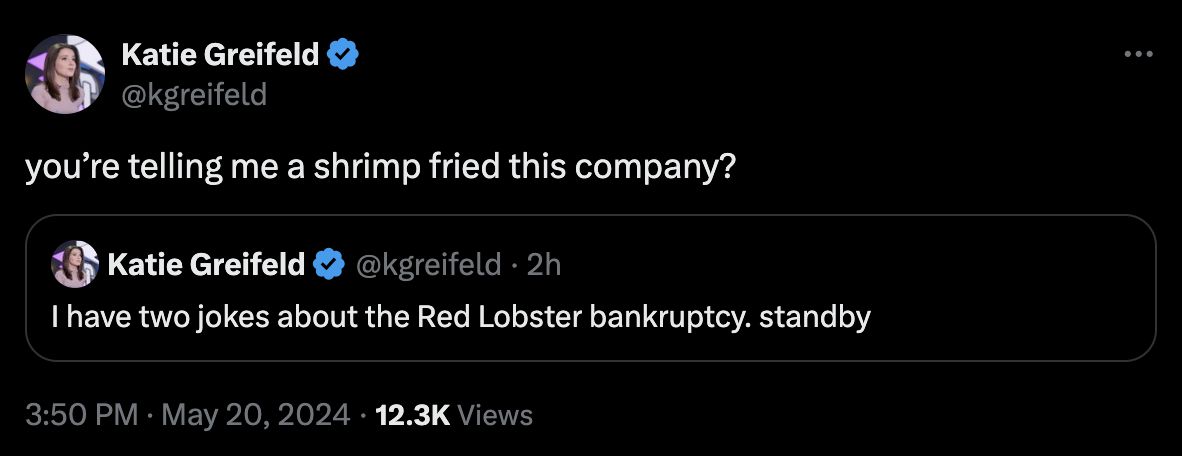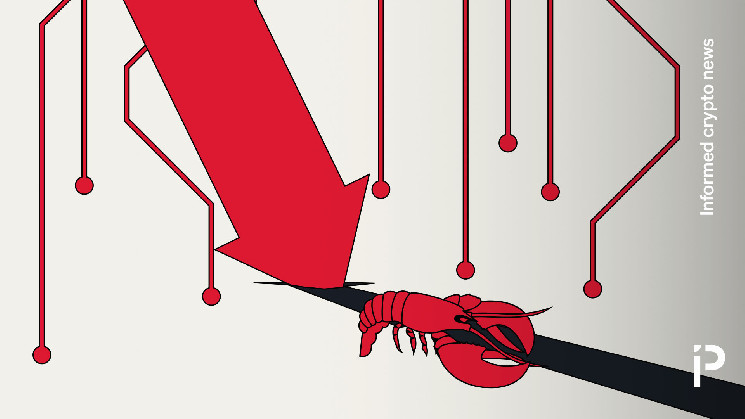The seafood company that drove restaurant chain Red Lobster into bankruptcy with a misguided ‘Endless Shrimp’ promotion has previously been praised for using blockchain technology to promote sustainable seafood production.
Bangkok-based Thai Union became Red Lobster’s largest investor in 2020 and subsequently made the decision to make the company’s popular “$20 Ultimate Endless Shrimp” offering a permanent part of the menu. The operation, which had been running on a limited basis for 20 years, was seen as the ideal way to move the huge quantities of shrimp that Thai Union was catching.
A 40% increase in customer traffic saw the chain, which was already struggling due to higher labor costs, declining sales and the impact of the Covid-19 pandemic, giving away mountains of free shrimp that can’t afford it.
As reported by CNN, Red Lobster, led by a Thai Union-appointed CEO, has severed ties with two of its breaded shrimp suppliers, leaving the Bangkok-based seafood giant with an exclusive deal.
This reportedly led to higher costs and conflicted with Red Lobster’s previous approach of choosing its suppliers based on expected demand.
The free shrimp fiasco reportedly cost Red Lobster somewhere in the neighborhood of $11 million.

Read more: How the CEO of Humanity Protocol drove his previous company to bankruptcy
Thai Union used blockchain to track shrimp
In 2020, Thai Union announced it would put shrimp on the blockchain. The company, along with data analytics firm Sea Warden and supply chain traceability firm Wholechain, has begun testing the use of satellite imagery for shrimp farming operations.
The idea was that satellite images collected by Sea Warden would generate data that Wholechain could store on the blockchain and essentially allow shrimp farmed by Thai Union to be tracked.from farm to table.’
This would in turn provide valuable insights into the sustainability, health and environmental impacts of Thai Union’s operations and ultimately influence its purchasing and business decisions.

